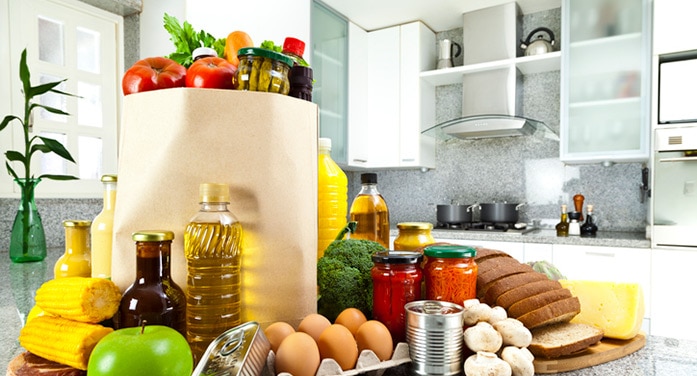The taxability of food for home consumption is an increasingly complex area of sales tax law. Small businesses often need help understanding all the different rules that apply in this area.
For public policy reasons, many US states afford special rules on food for home consumption. These policies are generally intended to remove the burden of sales tax on essential, staple food items. Many states exempt food for home consumption from sales tax entirely, while other states impose a reduced sales tax rate instead.
What makes this area trickier is that there are nuances across state laws when it comes to determining which items actually qualify as food for home consumption.








